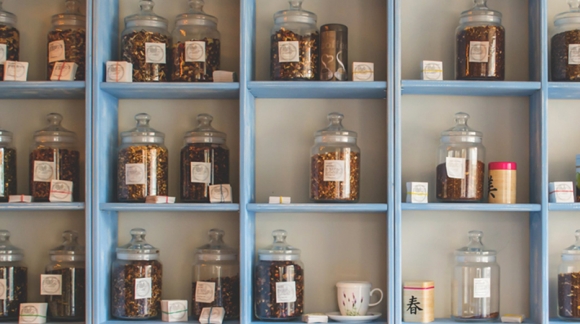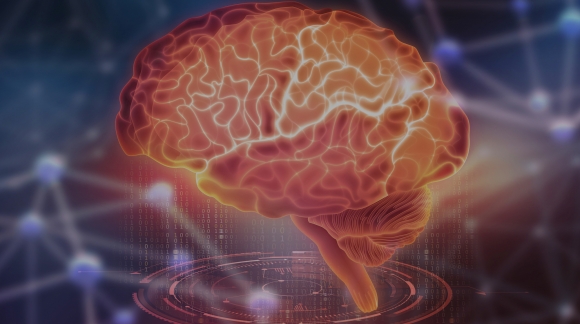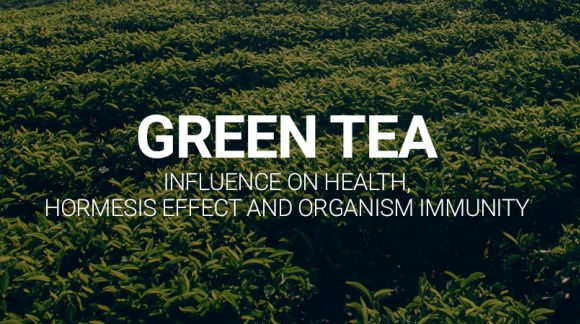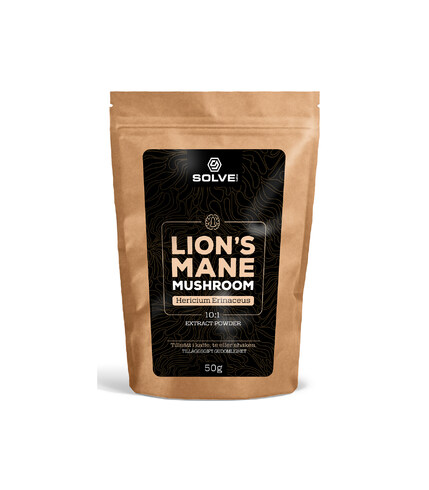Caffeine metabolism

We live in times of constant rush, stress and insufficient sleep. In a natural environment, when our biorhythm is normal, daily diet and activity ensure optimal functioning. Unfortunately, too much stress, and hence an increased amount of cortisol, disturbs our biorhythm, which causes a problem with sleep and thus drives a vicious cycle. We often have to compensate for the lack of sleep with an appropriate dose of caffeine, e.g. morning espresso.
What is caffeine?
Caffeine - purine alkaloid (C8H10N4O2). A white powder with a bitter taste, sparingly soluble in water. From a biological point of view, it stimulates the heart and central nervous system, while from a purely human point of view - it is an indispensable component of the diet of almost everyone. It is found in products such as coffee, tablets, yerba mate or energy drinks (which I do not recommend).
How does caffeine work?
From the moment of awakening, neurons in the brain work at high speed, and the by-product of the processes taking place is the adenosine nucleoside. "Receptors in the nervous system monitor levels of adenosine all the time, and when it is too high, the brain slows down nervous activity, dilates blood vessels, making you sleepy or want to rest." This is where caffeine comes in, which is structurally related to adenosine. This similarity in structure means that caffeine can bind to adenosine receptors without activating them, that is, blocks them from being detected by the nervous system.
Every substance in our body must undergo metabolism, i.e. the process of its processing and excretion from the body. The half-life of caffeine in our body ranges from 4 to 6 hours - after this time, the body gets rid of half of the caffeine consumed.
Caffeine is metabolized in the liver into 3 main substances:
1.theobromine - dilates blood vessels, stimulates heart activity
2.paraxanthin - increases the breakdown of lipids in the bloodstream
3.theophylline - relaxes smooth muscles, relaxes.

The metabolic effect is that the heart beats faster, the muscles receive more blood and the skin and organs less, the liver releases glycogen (the main polysaccharide that creates a backup substance in our body).
Caffeine is mainly metabolized by cytochrome P450, an enzyme produced by the liver. Each of our cells contains 2 copies of this enzyme gene. The gene is known to possess two alleles that define different caffeine metabolism abilities. The "A" allele defines an enzyme that metabolizes caffeine quickly, while the "F" allele is a slow metabolizing enzyme. People with two copies of the "A" rapidly metabolizing allele will metabolize caffeine rapidly, while those with 2 copies of the free "F" allele are slow metabolizers. It is worth knowing your ability to metabolize caffeine, if only so as not to overdose with the amount of coffee a day - caffeine overdosing, e.g. by slow metabolisers, can increase the risk of a heart attack by as much as 36% (54% of the population are SLOW metabolizers).
How to find out if you are a slow or a fast metaboliser?
By taking a cheek swab, you can find out if you metabolize caffeine slowly or quickly, and therefore how careful you need to drink coffee. The knowledge of the caffeine content in food products and medicines, and the knowledge about its metabolism by the body are extremely important in conscious and safe consumption of caffeine.
A little tip from me, caffeine in coffee or in tablets works quickly, suddenly, but unfortunately the feeling is short. It is a good habit to consume caffeine together with fats, i.e. bulletproof coffee + coconut oil, a caffeine tablet + a tablespoon of peanut butter.







